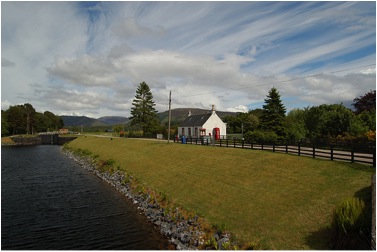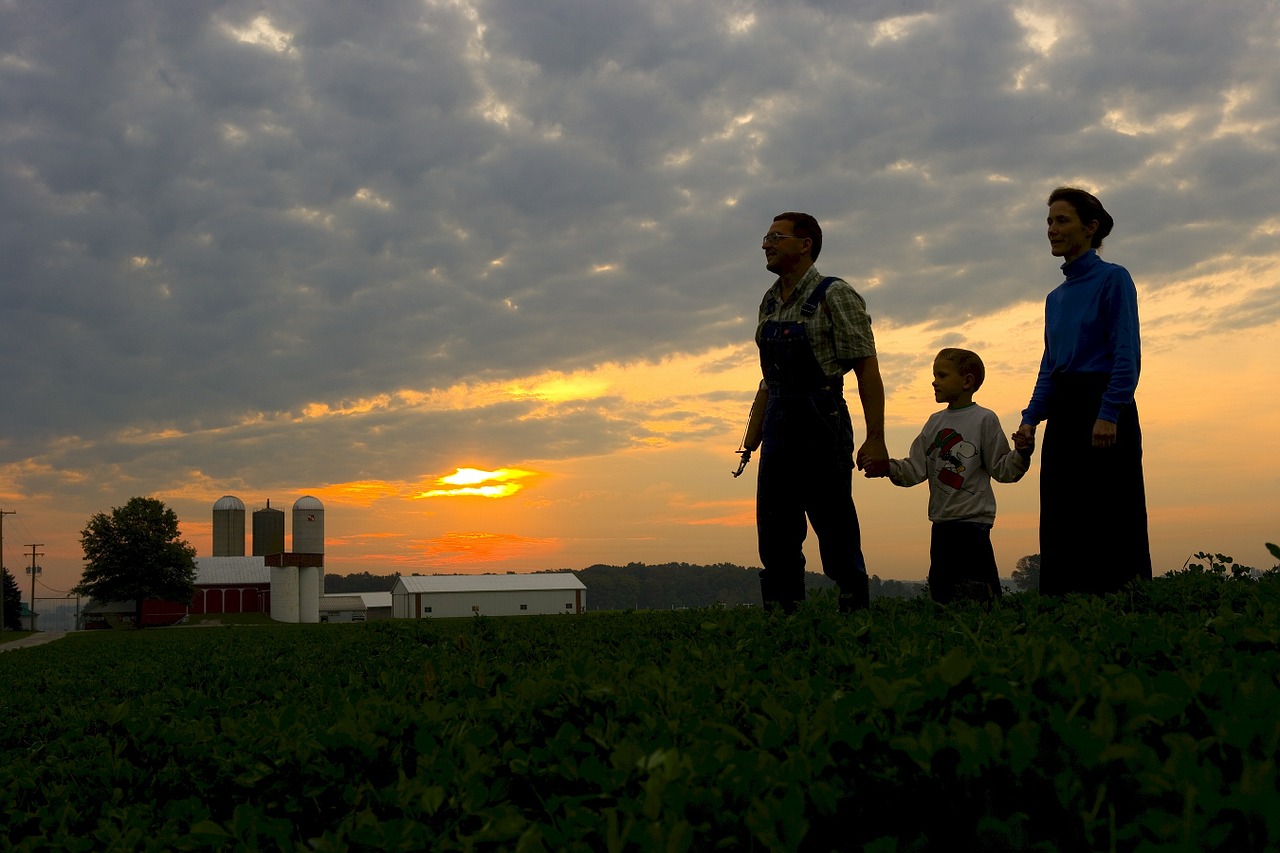We live in an age where, through the tap of a screen, we can share sepia-tinted photos of last night’s dinner with our friends. Whether at home on a laptop, or out and about on our phones, we are now more connected than ever before. With this in mind, it seems all the more unfair that children in some rural communities can’t get the broadband connection needed to complete their homework.
A child’s homework could entail anything from a research based task, to a project with an online learning resource. When slow internet stops them from accessing it, they’re left at a disadvantage to their urban counterparts. This is the reason that it is important to compare broadband and tv and then choose the provider wisely. Thanks to this, we’re left with regional inequalities that are hard to ignore.
Government plans to boost broadband
The Government hopes that by 2020, everyone will be legally entitled to broadband speed of at least 10mbps. To help make this possible, they’ve implemented a £60 million business rate relief at network providers. In exchange for their co-operation, the Government plans to strengthen connections in targeted areas. Alongside this, a scheme called Better Broadband has pledged £400 million to the cause.
Other initiatives include giving rural families hundreds of pounds towards community broadband ideas. One such scheme saw residents of a small town purchasing WiFi satellites which were then placed on church steeples. Through this, better connection rates will be established. These are just a few of the measures being taken, yet it’s estimated that a quarter of rural households are still left unconnected.
Brian Wilson, director of the charity Rural England, was quoted on thetelegraph.co.uk as saying, “Schools are increasingly using online learning materials, children are expected to do a lot of homework online.
“A slow connection at home makes it harder to do homework, particularly research based tasks, projects which involve trying to download attachments or large document.”

Transport links in the country have been in the firing line of government cutbacks. Following this, a report by Rural England found that children in remote communities are often left at the mercy of unreliable public services.
The report also found that three fifths of students in rural populations can’t reach schools in reasonable travel time. When combined with already poor broadband speeds, children here are left further disadvantaged.
Looking ahead, how are rural children expected to make an informed decision on further education if they’re unable to conduct internet research?
Businesses affected by slow broadband
And it’s not just children from rural regions who are suffering. The internet is one of the most powerful marketing tools of all time, if not the most powerful. Without it, local farmers struggle to promote themselves and contact potential customers.
Farmers aren’t the only ones who suffer. Poor broadband speeds can set back other businesses based in rural areas. After all, how are they meant to know what is best for their business when they’re stuck on a loading page? This also affects market research. If a business is unable to assess the market as effectively as one with a fast connection, its unable to stay up to date with the latest developments and becomes less competitive. As well as restricting business growth, it’s a classic example of how areas with poor broadband are left disadvantaged.
Communication is key if any business is to prosper. By leaving a significant chunk of Britain’s economy plagued by slow landing pages, it restricts economic potential.
Some of these areas also lack mobile data to allow residents to connect to the internet. Without either laptop or mobile connectivity, regional broadband inequality is further entrenched.
The slowest broadband in the UK
A House of Commons report would suggest that certain rural areas, particularly in northern Scotland, have the lowest number of premises with access to super fast broadband. In some cases, less than 32% of premises have super-fast availability. This falls far below the governments 2020 basic target of 10mbps.
The damages this situation can do to a child’s education are catastrophic. As the child grows older they may experience feelings of isolation as connecting to social media becomes more of a challenge.
It’s hoped that new initiatives will help improve broadband speeds in the countryside. Along with Rural England’s report, they highlight key differences in living in modern Britain. With greater connectivity, people in the countryside will be able to prosper and no-one will be left disconnected.



 Bitcoin
Bitcoin  Ethereum
Ethereum  Tether
Tether  XRP
XRP  Solana
Solana  USDC
USDC  Cardano
Cardano  TRON
TRON  Lido Staked Ether
Lido Staked Ether  Avalanche
Avalanche  Toncoin
Toncoin